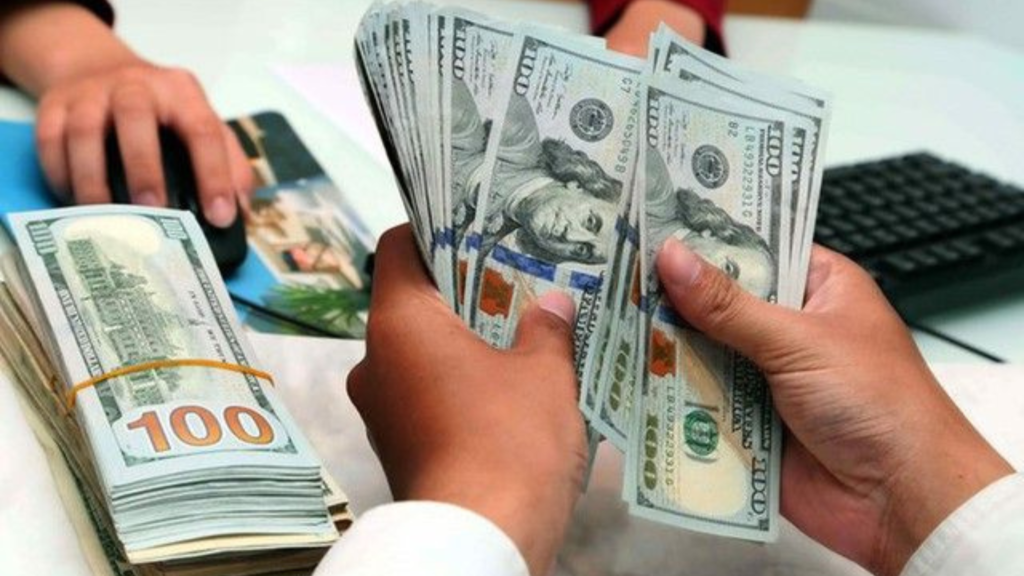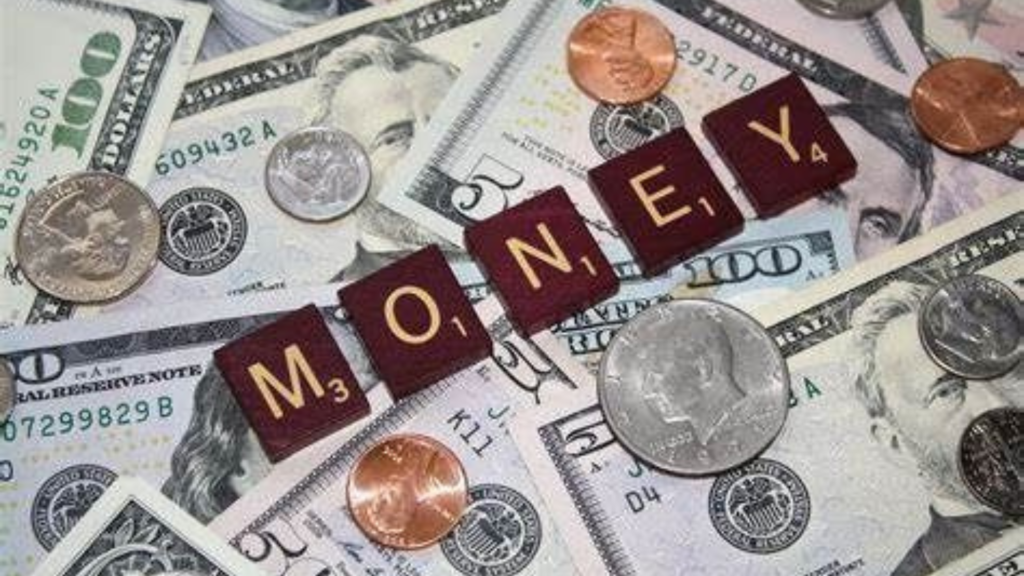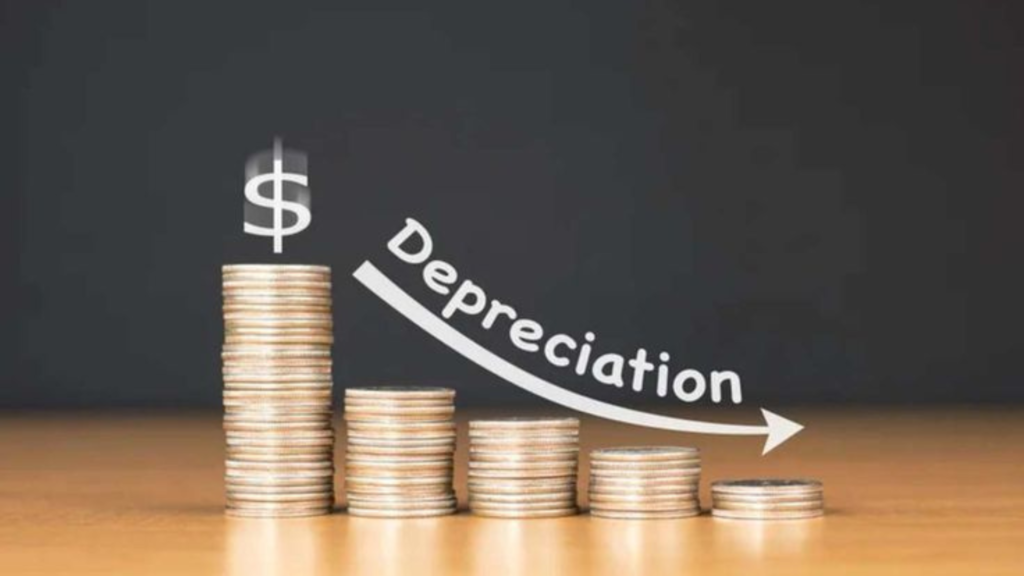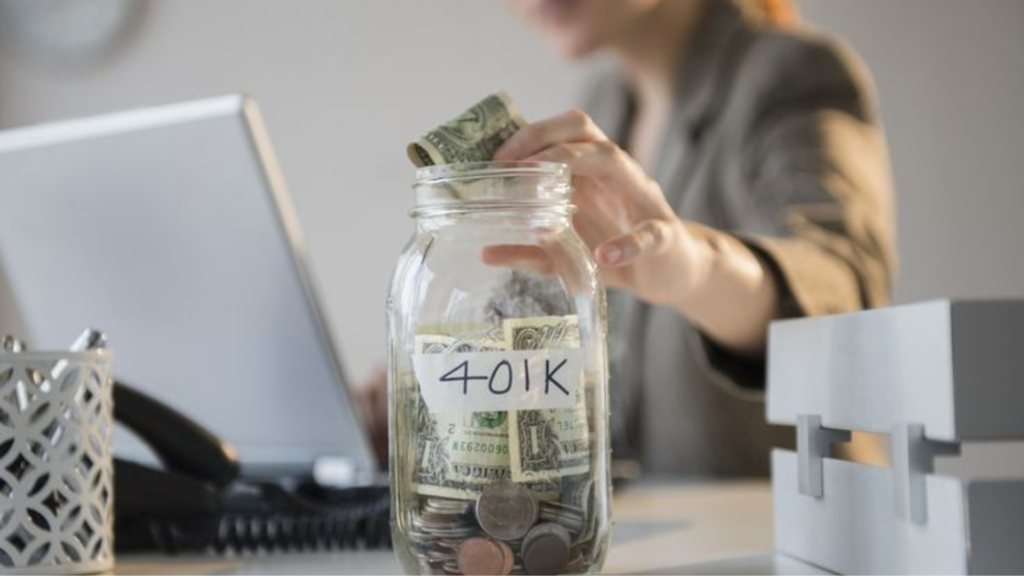Everyone has experienced the reassuring feeling that comes from having a strong balance in their savings account. It provides a sense of security and stability, similar to a warm security blanket. After all, it’s essential to have cash on hand in case of unexpected expenses, right?

What if we told you that holding too much cash on hand could be a wrong financial move? Let’s explore why carrying about a lot of cash might not be as advantageous as it first appears to be before you start clutching your piggy bank even more.
The Comfort of Cash
It’s important to have cash available for emergencies on hand. Experts advise saving three to six months’ worth of living expenses to meet unforeseen expenses like unexpected medical bills or job losses. This buffer prevents reliance on high-interest debt.

Nevertheless, holding more than this suggested quantity may work against you. Having too much cash on hand might prevent long-term financial progress by causing one to miss out on investment opportunities and experience a decline in purchasing power due to inflation.
The Hidden Cost of Inflation
Inflation is one of the main drawbacks of hoarding excessive cash. As prices progressively rise due to inflation, your money’s purchasing power reduces. The actual worth of your money declines by 1.5% annually; for instance, if you have $10,000 in a savings account with a 0.5% interest rate and inflation is at 2%.

This erosion might have a big effect on your financial situation over time. Cash is protected from market swings, but it steadily loses value year after year.
Missed Investment Opportunities
The opportunity cost is yet another significant disadvantage of hoarding too much cash. The potential gain that comes with investment is lost when you store too much money in a low-yield savings account.

For instance, historically, returns from the stock market have been substantially larger than those from savings accounts. You might be able to increase your wealth considerably more quickly by investing even a small amount of your extra cash.
ALSO READ: 7 Money Traps To Avoid and How To Save Big During Monthly Grocery Shopping
The Stock Market
Think about it: if you put the same $10,000 into a diverse portfolio with a 7% yearly average return, you would have roughly $19,671 after ten years. In contrast, the amount you would have in your savings account at a 0.5% interest rate would be $10,511.

That’s more than a $9,000 difference! Even though investing involves some risk, the benefits of having too much cash on hand frequently exceed the drawbacks.
The Illusion of Safety
It’s easy to believe that using cash is the most secure option. After all, the stock market’s fluctuations do not impact it, is it? Although cash’s value doesn’t vary like that of investments, this assumed safety isn’t always the case.

In reality, if you don’t invest, you’re missing out on opportunities to increase your wealth and safeguard your future purchasing power.
False Sense of Security
You could get a false sense of security from the safety of cash. Even though it may give you a sense of financial stability, having a sizable quantity of cash hanging around doesn’t necessarily mean that money is working for you.

The contrary is true: when money is sitting in a low-interest account, it depreciates daily.
Strategy to Optimize Your Cash Holdings
If you find that you have more money than you need, review and adjust your emergency fund to meet your needs for the next six months, putting the extra money into investments. Consider your goals and risk tolerance while investing in real estate, stocks, bonds, mutual funds, or exchange-traded funds (ETF).

Additionally, use the extra cash to settle your high-interest debt. You can also save for your retirement by contributing to IRAs or 401(k) plans for tax benefits and future security.
ALSO READ: Couple’s Clever Money-Saving Trick for Drinks While Dining Out Gets Praised
Overcoming the Fear of Investing
Fear is a major factor in why people hoard excessive amounts of cash: fear of losing money, fear of volatile markets, and anxiety about choosing the incorrect investments.

It’s expected to be frightened, particularly if investing is unfamiliar to you. But it’s important to remember that inaction can be just as dangerous as investing.
The Role of Education
The secret to overcoming this fear is education. Spend some time learning about various investing possibilities, consulting with financial experts, and starting small if necessary.

If you have been better informed, you will feel more confident about making investment decisions. Remember that investing is a long-term game, and the sooner you start, the longer your money can continue to grow.
Balancing Cash and Investments
It’s necessary that you find the right balance between investments and cash. It’s critical to ensure your money is working for you and that you have enough cash for emergencies.

You can achieve this balance by regularly reviewing your financial situation and making necessary adjustments to your plan.
The End
While having cash on hand is necessary for financial stability, hoarding excessive amounts might have unfavorable long-term effects. Being aware of the hidden costs of inflation, lost investment opportunities, and a false sense of safety can help you make better financial decisions.

Putting investing, debt repayment, and retirement account maximization into practice can help you make the most of your cash holdings and create a more stable financial future. So, take action and make your money work for you rather than letting excess cash hold you back!
You Might Also Like:
Ex-McDonald’s Chef Gives Recommendations of Food To Either Try or Avoid at Its Restaurants
Boomers Can Make Lots of Money From Selling These Items From Their Younger Years
Spending Habits That Keep People Financially Weak

